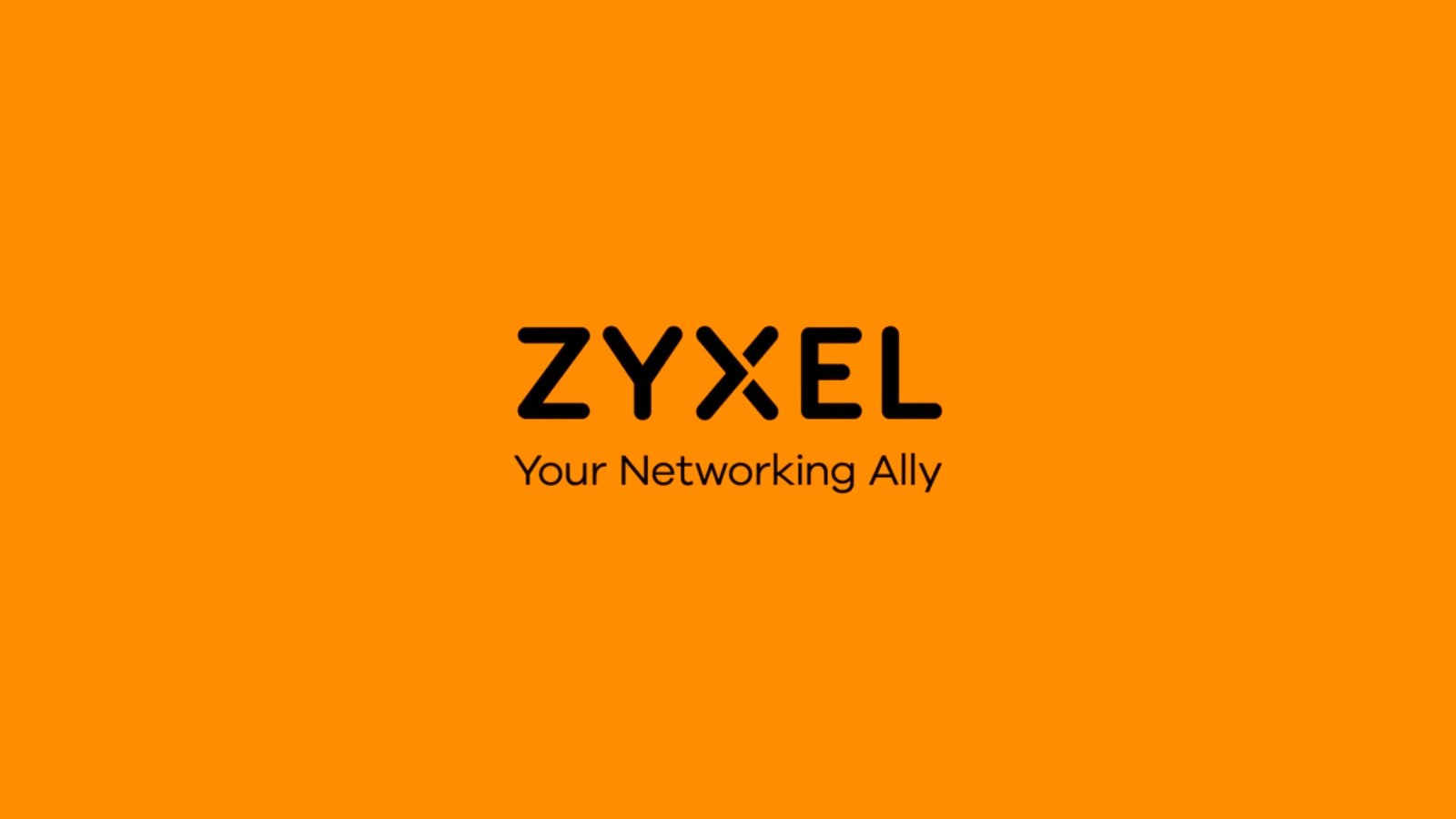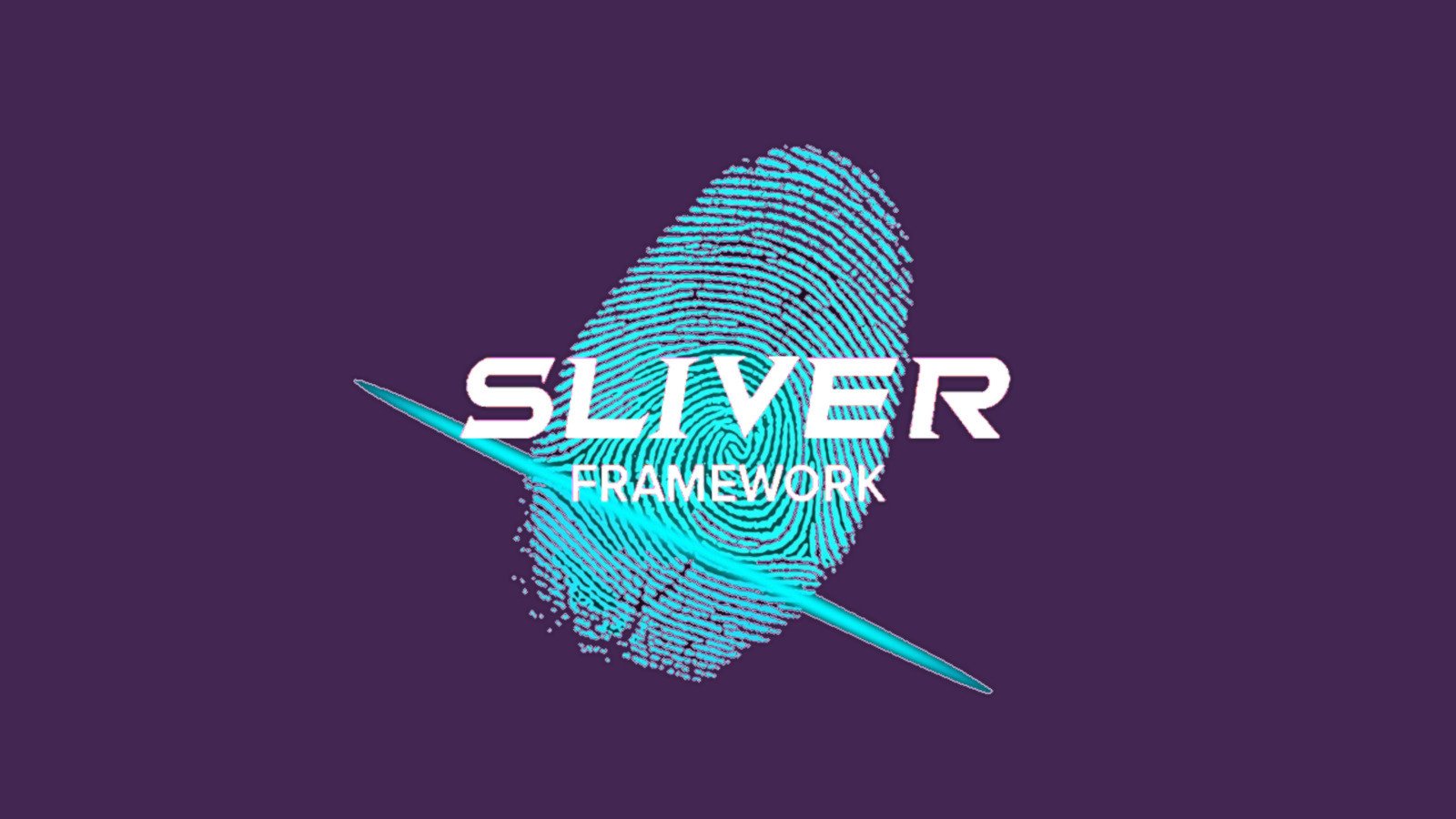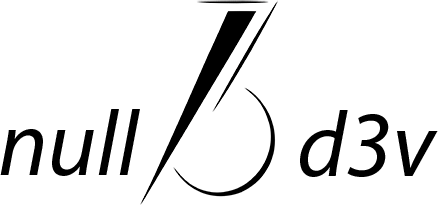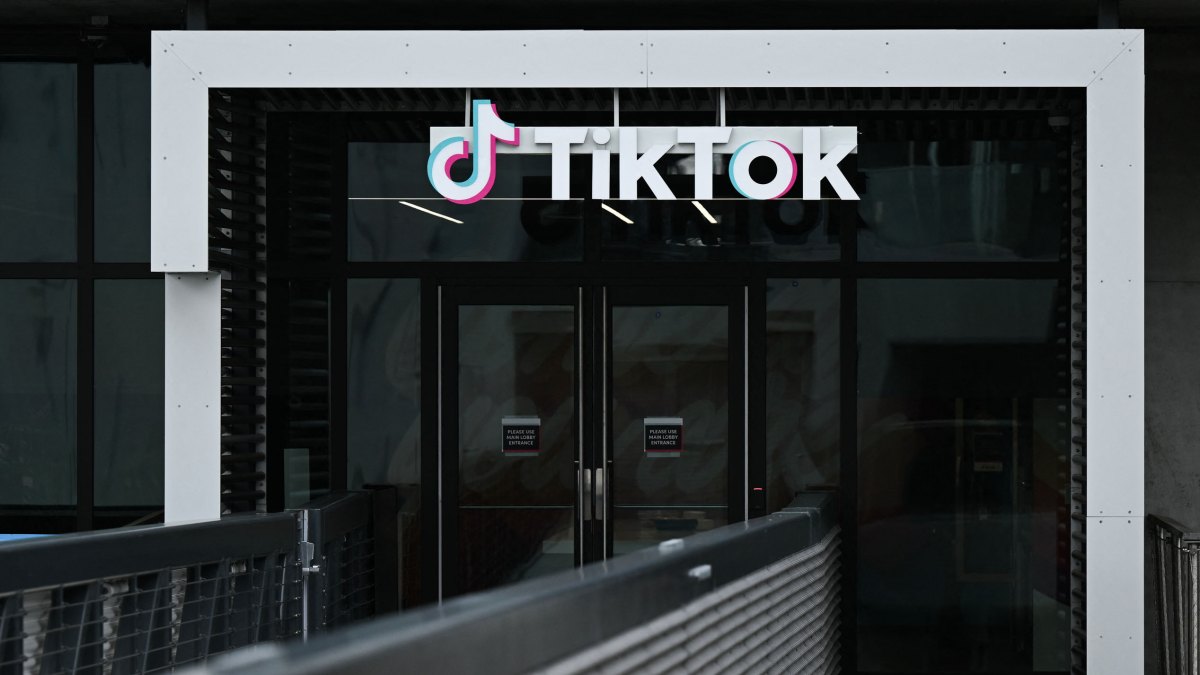Startups should think about employing fractional AI officers.
Raphael Ouzan, the founder and CEO of A.Team, is pioneering the world's first AI-enabled team formation platform. A.Team is a future-of-work company.

Raphael Ouzan, the founder and CEO of A.Team, is at the forefront of pioneering an AI-enabled team formation platform. As a thought leader, he frequently contributes insights on the evolving workforce landscape and the integration of AI in businesses.
One of Ouzan’s key observations is the widening AI skills gap. A Randstad study highlighted a staggering 2,000% increase in job posts citing generative AI skills since March, making it both a highly sought-after and scarce skill set.
For large enterprises, the solution seems straightforward: appoint a Chief AI Officer (CAIO) to spearhead AI integration efforts. Dylan Fox, in a recent opinion piece, emphasized that for Fortune 500 companies, a CAIO is no longer a luxury but a necessity. The rationale is clear: businesses that fail to embed AI into their core strategies will inevitably lag behind.
However, Ouzan points out a significant gap in this approach - the needs of smaller businesses like startups and scale-ups. These organizations are equally pressured to adopt AI, particularly in the current fundraising climate that heavily favors AI-integrated ventures. Yet, they often lack the resources or organizational framework to support a dedicated executive role for AI.
This dilemma introduces the concept of a 'fractional AI officer' - a novel solution aligning with the recent trend of fractional leadership. In this model, seasoned executives with deep expertise in specific domains, such as AI, work simultaneously with multiple clients. They provide their specialized skills to rapidly growing companies that require their expertise but cannot afford a full-time position.
Interestingly, Ouzan argues that a fractional AI officer might even be more advantageous than a full-time hire in certain aspects. Given the nascent nature of generative AI, the breadth of experience gained from working across diverse companies could provide fractional executives with an edge.
He outlines the three stages of AI adoption for businesses:
-
Horizon 1: Workflow Efficiency and Productivity Faced with market challenges and the need to optimize budgets, companies are gravitating towards AI to enhance productivity and workflow efficiency. A BCG study showcasing how participants using GPT-4 outperformed a control group substantiates this trend. This stage, where ROI is first noticeable, is focused on operational improvements.
-
Horizon 2: Customer Experience The next phase involves leveraging generative AI to elevate the customer experience. In an era where customers demand personalized digital interactions, AI can be a game-changer in delivering bespoke experiences, a critical factor in maintaining competitive edge.
Ouzan's insights underscore the vital role AI plays across business spectrums, from large enterprises to dynamic startups. His advocacy for adaptable and innovative leadership models, like fractional AI officers, reflects a deep understanding of the current technological and economic landscape, highlighting pathways for businesses to harness AI's potential effectively.
























![Largest Data Breaches in US History [Updated for 2023]](https://nulld3v.com/uploads/images/202311/image_430x256_654e69df8d469.jpg)













